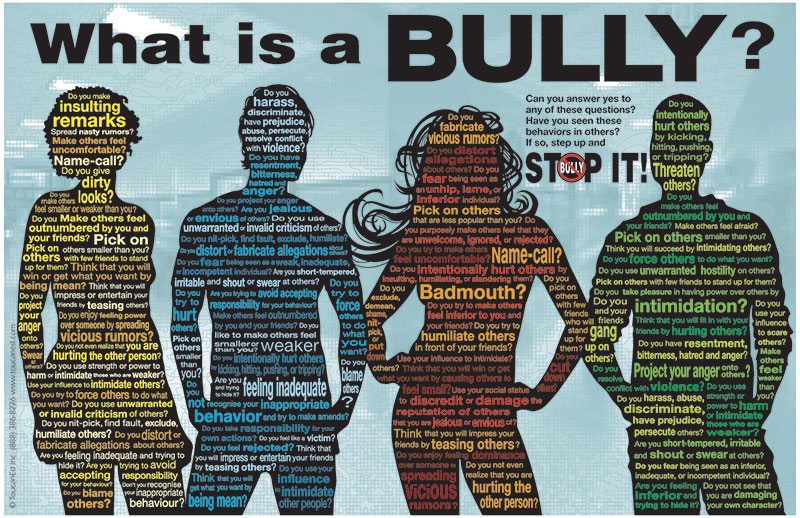- 1,136
- Posts
- 7
- Years
- Age 29
- The Subway
- Seen Jun 18, 2020
To people using the food vs dress example, why is wearing tribal paint or a headdress worse than, say, eating sushi? I'm struggling to see the distinction between eating someone else's food and wearing someone else's clothing. If, as outlined in the OP, "Cultural appropriation is the adoption or use of elements of one culture by members of another culture." then why are the two being viewed differently? I'm seeing "one is inherently disrespectful" and things like that but not any real reason why. (I'd reply individually to you, Grey Wind, but it's a general question which fits your reply and others)
I like this. It perfectly marks the essence of our society as it currently stands. The pinnacle 'appropriation' of sushi comes in the form of the California roll. The California roll, while not created by the Japanese, is an extremely popular fusion item. Now, the California roll can be argued that it was a profitable or positive creation due to the surge in popularity sushi dishes saw soon after the creation of such a unique treat. Is the California roll appropriation?
My brother wore a head dress once to an EDM festival (even though raves aren't my thing, concerts are). Did he utilize Native American culture in a way that negatively impacts them? Does 'cultural appropriation' demand a restriction of free speech or freedom of what to wear? What if someone has a naked tattoo of Sacajawea on their bicep? Is that not allowed?
I'll bring up music again. Does Miley Cyrus have the freedom to absolutely butcher a beloved Kurt Cobain classic, effectively showing a disrespect? Does Kanye maintain the freedom to sing Bohemian Rhapsody in such a way that many fans of Queen would find reprehensible?
The more I read into it, the more I get the picture that Cultural Appropriation is being used more as a nefarious tool rather than a helpful one. For instance: The censoring of the word 'Squaw'. Just because something becomes offensive to some doesn't mean it should be erased. You should be able to talk bad to anyone and make a fool of yourself and make people dislike you or adore you. Everything short of starting riots and inciting murder should be accepted as free speech. It doesn't mean that if my brother went out mocking Native Americans that I'd let him pass me by without a smack to the back of the head.
As part Cherokee, I don't feel the need to attack things that are non-issues, just like I feel I shouldn't call for the burning of Kanye West at the stake even though his cover of the song made me want to shove rail stakes in my ears. Once we start policing what someone wears privately (wearing a 'fuck all them hoes n' bitches' T-Shirt to an elementary school is probably a big no-no for little Sasha), we're effectively placing restrictions on our freedoms.
Just my thoughts.

